Best Companion Plants To Cucumbers For A Healthy Harvest
Best Companion Plants to Cucumbers for a Healthy Harvest
Cucumbers are a popular summer vegetable that can be grown in most gardens. They are relatively easy to care for, but there are a few things you can do to improve their growth and yield. One of the best ways to do this is to plant companion plants near your cucumbers. Companion planting is the practice of planting certain types of plants together for their mutual benefit. Some plants help to repel pests, while others improve the soil or provide shade.
There are a number of great companion plants for cucumbers. Some of the best include:
- Beans: Beans are legumes, which means they can fix nitrogen in the soil. This is beneficial for cucumbers, as nitrogen is an essential nutrient for plant growth. Beans can also help to suppress weeds.
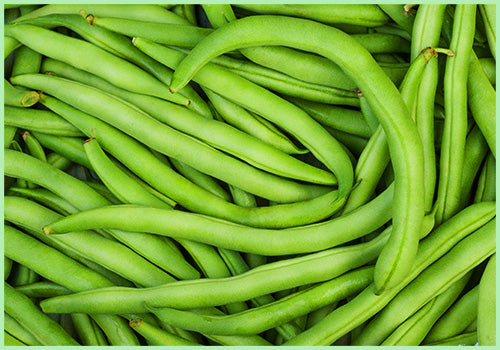
- Corn: Corn provides a trellis for cucumbers to climb, which can help to improve their air circulation and reduce the risk of disease. Corn also shades the soil, which can help to keep it cool and moist.
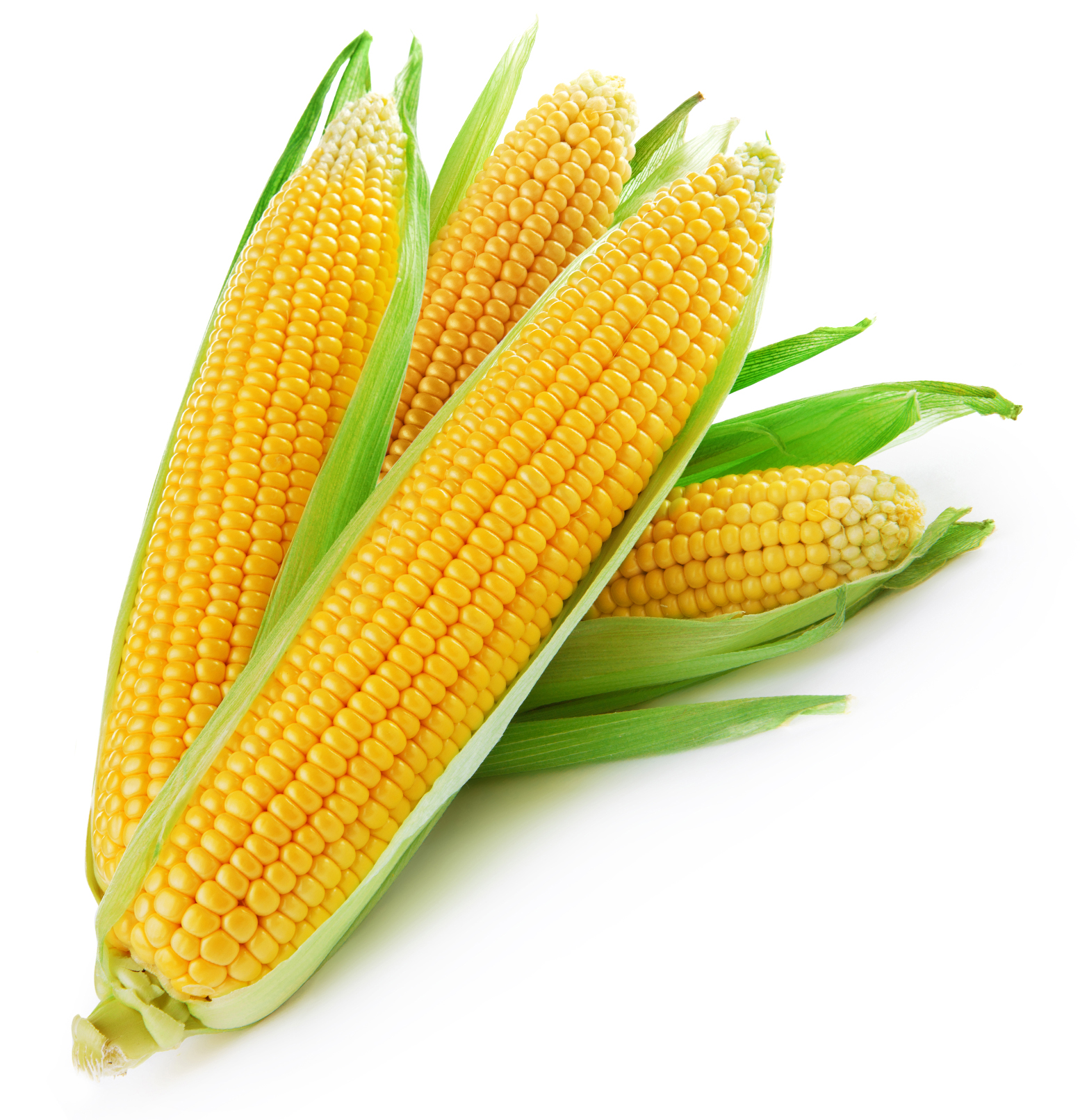
- Radishes: Radishes are fast-growing root vegetables that don't require a lot of space. They can help to break up the soil and improve drainage, which can benefit cucumbers. Radishes can also help to deter pests, such as cucumber beetles.
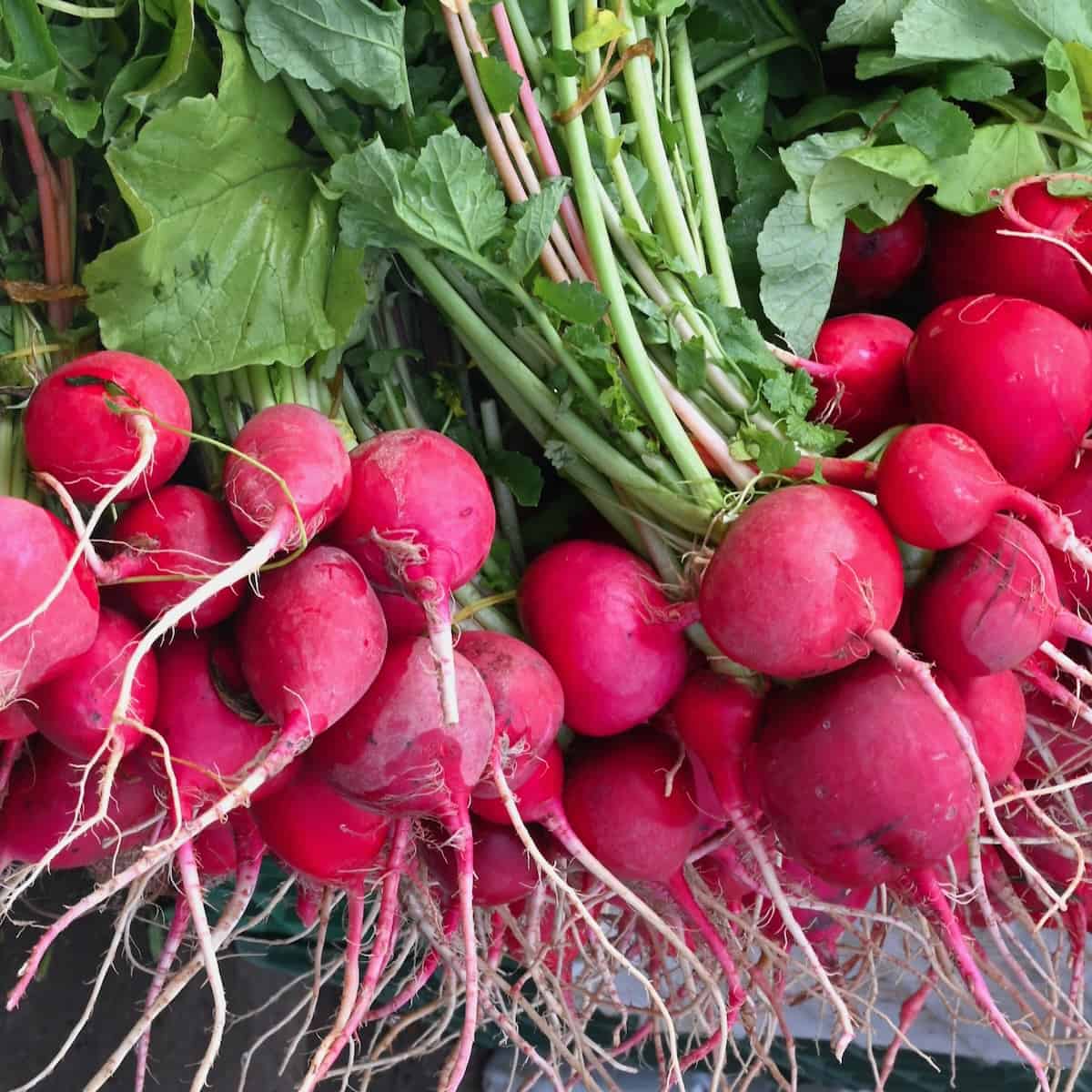
- Carrots: Carrots are another root vegetable that doesn't require a lot of space. They can help to improve the soil structure and drainage, which can benefit cucumbers. Carrots can also help to deter pests, such as carrot flies.
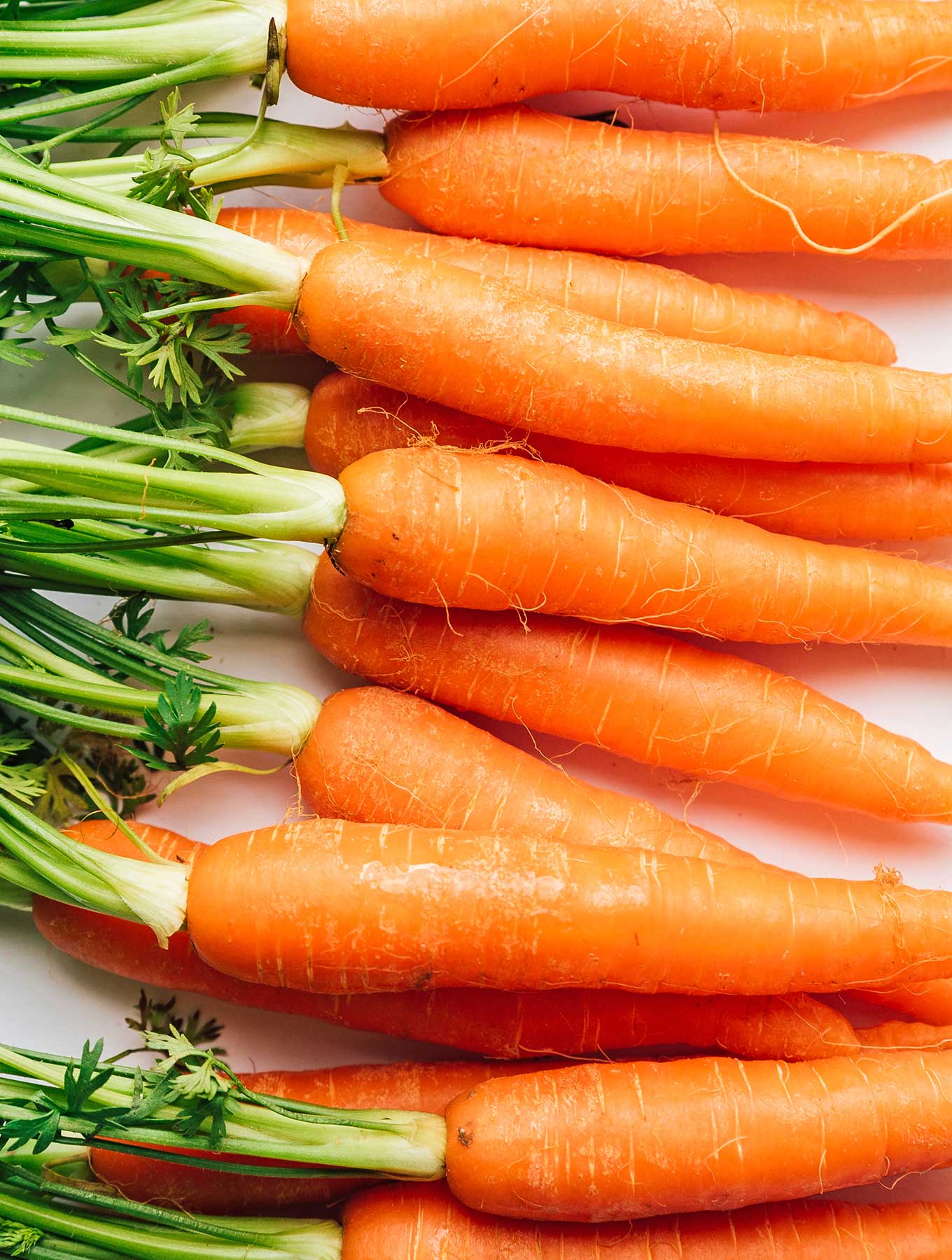
- Dill: Dill is an herb that helps to attract pollinators, such as bees and butterflies. These pollinators can help to improve the pollination of cucumber flowers, which can lead to a higher yield of cucumbers. Dill can also help to deter pests, such as cucumber beetles.
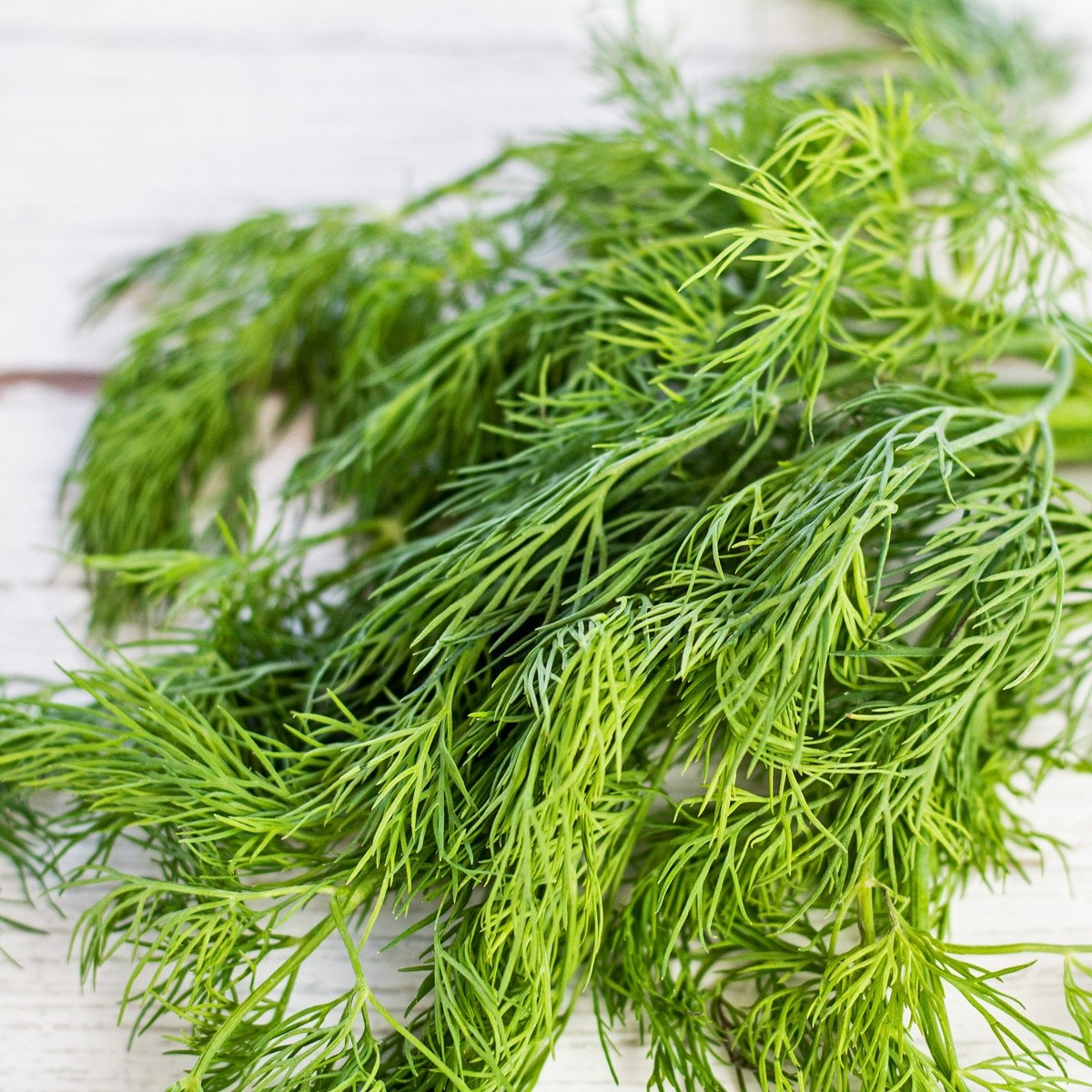
- Nasturtiums: Nasturtiums are flowers that help to deter pests, such as aphids and squash bugs. They can also help to attract pollinators, such as bees and butterflies. Nasturtiums can also help to improve the soil by adding nitrogen.
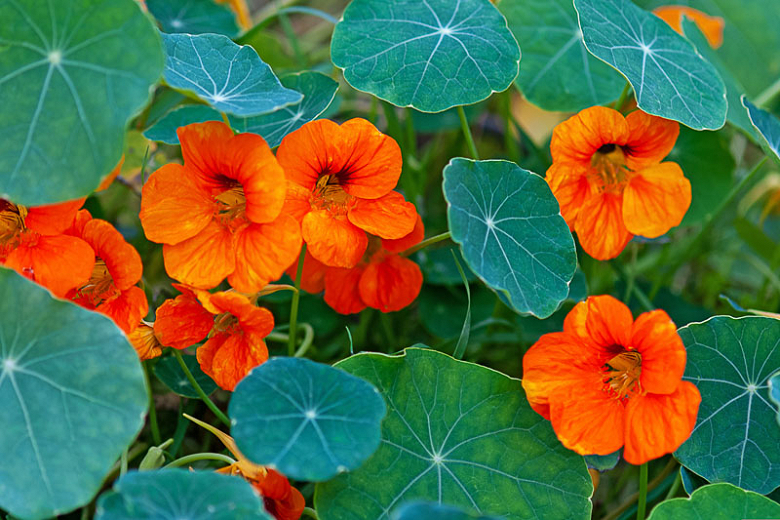
- Sunflowers: Sunflowers are tall plants that can provide shade for cucumbers. They can also help to attract pollinators, such as bees and butterflies. Sunflowers can also help to improve the soil by adding nitrogen.
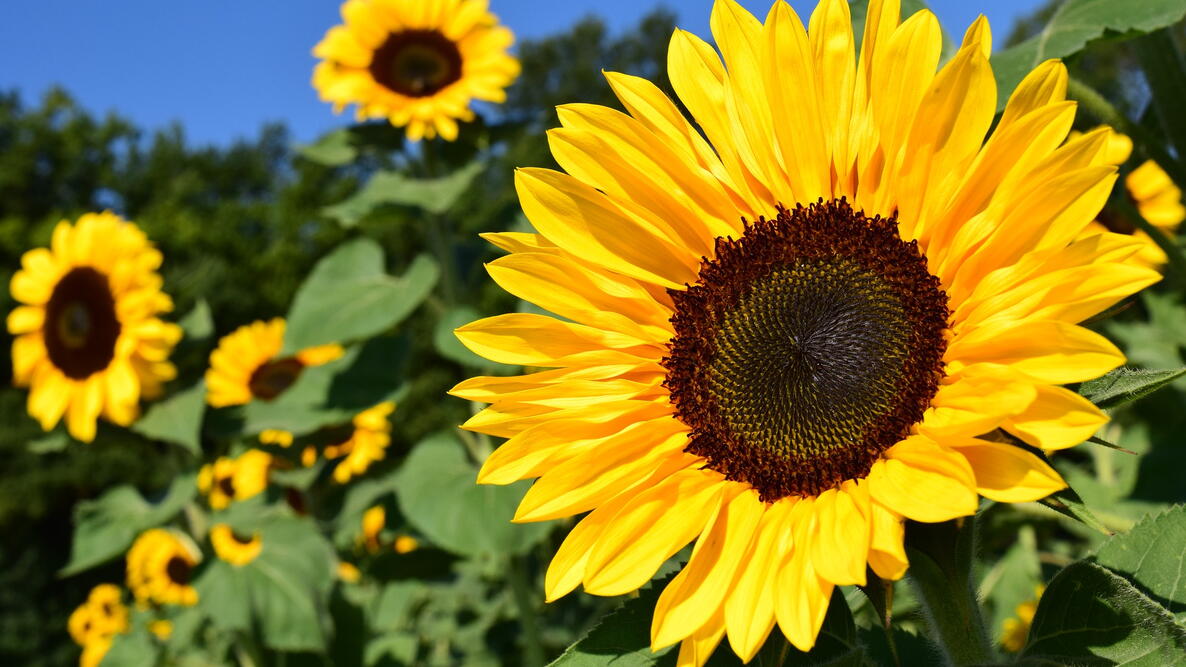
In addition to these plants, there are a few other companion plants that can be beneficial for cucumbers. These include:
- Marigolds: Marigolds help to repel nematodes, which are microscopic worms that can damage cucumber roots.
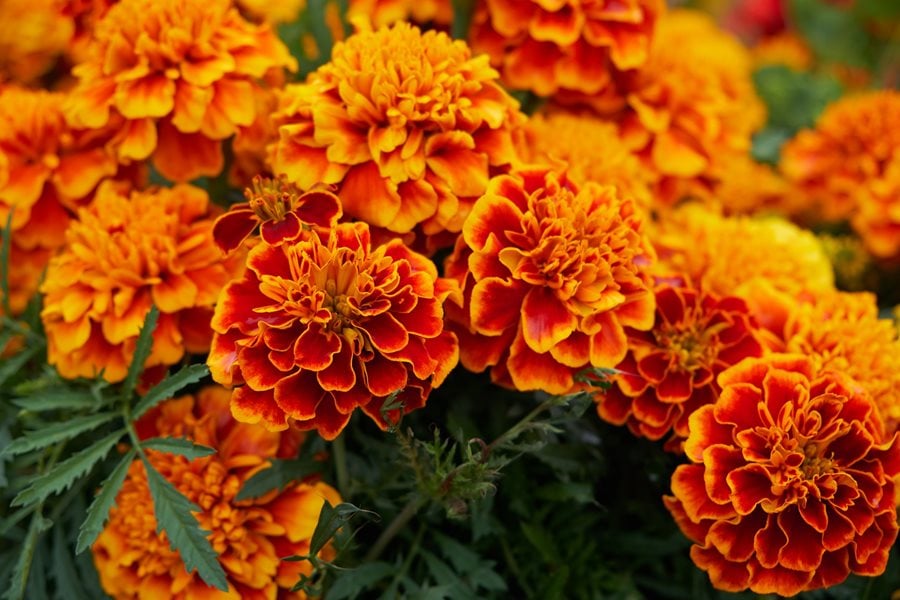
- Calendula: Calendula helps to attract beneficial insects, such as ladybugs and lacewings. These insects can help to control pests, such as aphids and spider mites.
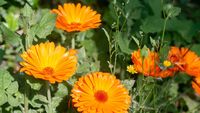
- Chives: Chives help to repel aphids and other pests. They can also help to improve the flavor of cucumbers.
- Oregano: Oregano helps to repel spider mites and other pests. It can also help to improve the flavor of cucumbers.
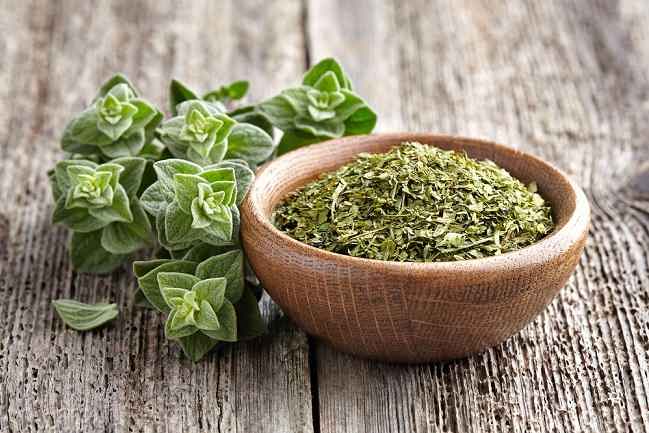
When choosing companion plants for cucumbers, it is important to consider the size and growth habits of the plants. Some plants, such as corn and sunflowers, can grow quite tall and may shade out smaller plants. It is also important to consider the climate in your area. Some plants, such as beans and peas, are more cold-tolerant than others.
By planting companion plants near your cucumbers, you can improve their growth and yield. You can also help to protect them from pests and diseases. So next time you are planning your cucumber garden, be sure to include some of these beneficial companion plants.
Cucumbers are a delicious and versatile vegetable that can be enjoyed in many different ways. But did you know that there are certain plants that can actually help to improve the growth and flavor of your cucumbers? These are known as companion plants, and they can offer a number of benefits, such as:
- Attracting beneficial insects: Some companion plants, such as marigolds and nasturtiums, attract beneficial insects that help to control pests. This can save you time and money on pest control, and it can also help to improve the overall health of your garden.
- Improving soil quality: Other companion plants, such as beans and peas, can help to improve soil quality by fixing nitrogen. This is an essential nutrient for plant growth, so it can help your cucumbers to thrive.
- Providing shade and support: Cucumbers are vining plants, so they need something to climb on. Some companion plants, such as corn and sunflowers, can provide shade and support for your cucumbers. This can help to prevent them from getting sunscald, and it can also help to keep them off the ground, where they are less susceptible to pests and diseases.
If you're interested in learning more about companion planting, I recommend visiting Gardenia Inspiration. This website has a wealth of information on the topic, including a list of specific companion plants that are good for cucumbers.
FAQ of companion plants to cucumbers
- What are some good companion plants for cucumbers?
Some of the best companion plants for cucumbers include:
- Legumes (peas, beans, lentils): These plants' root systems increase nitrogen in the soil, which will benefit your cucumber plants.
- Corn: Mature corn stalks also provide natural support for climbing cucumbers and provide much-needed shade in sun-scorched spaces.
- Root vegetables (radishes, beets, carrots, garlic): These root vegetables work well with cucumbers because they do not spread and compete for space; most of their growth occurs beneath the soil.
- Select flowers (marigolds, nasturtiums, sunflowers): These flowers help repel beetles, thrips, and other destructive insects that can devastate your cucumber crop.
- Select herbs (dill and oregano): These herbs help attract beneficial insects, such as pollinators and parasitic wasps, which can help control pests.
- What plants should I avoid planting near cucumbers?
Some plants that you should avoid planting near cucumbers include:
- Brassicas (broccoli, cabbage, cauliflower, kale, kohlrabi): These plants can attract pests that also target cucumbers.
- Melons: Melons and cucumbers share similar pests and diseases, so planting them together can increase the risk of infection.
- Potatoes: Potatoes can release a chemical that inhibits the growth of cucumbers.
- Sage: Sage can stunt the growth of cucumbers.
- Fennel: Fennel can repel beneficial insects that are important for cucumber pollination.
- How do companion plants benefit cucumbers?
Companion plants can benefit cucumbers in a number of ways, including:
- Attracting beneficial insects: Some companion plants, such as marigolds and nasturtiums, attract beneficial insects, such as pollinators and parasitic wasps, which can help control pests.
- Improving soil quality: Some companion plants, such as legumes, fix nitrogen in the soil, which can provide a nutrient boost for cucumbers.
- Providing shade: Some companion plants, such as corn, can provide shade for cucumbers, which can help protect them from sunscald.
- Distracting pests: Some companion plants, such as fennel, can have a strong odor that can distract pests from cucumbers.
- Using the same growing space: Some companion plants, such as radishes, can be planted in between rows of cucumbers, which can help maximize space in the garden.
- How far apart should I plant cucumbers and their companion plants?
The spacing requirements for cucumbers and their companion plants will vary depending on the specific plants involved. However, as a general rule of thumb, you should space cucumbers at least 2 feet apart and their companion plants at least 1 foot apart.
- How can I use companion planting to improve my cucumber harvest?
By planting companion plants with your cucumbers, you can help improve your harvest in a number of ways. For example, companion plants can attract beneficial insects, improve soil quality, provide shade, and distract pests. By taking advantage of these benefits, you can help ensure that your cucumbers have the conditions they need to thrive and produce a bountiful harvest.
Image of companion plants to cucumbers
- Nasturtiums. Nasturtiums are a great companion plant for cucumbers because they help to deter pests. They also attract pollinators, which can help to improve the pollination of your cucumbers.
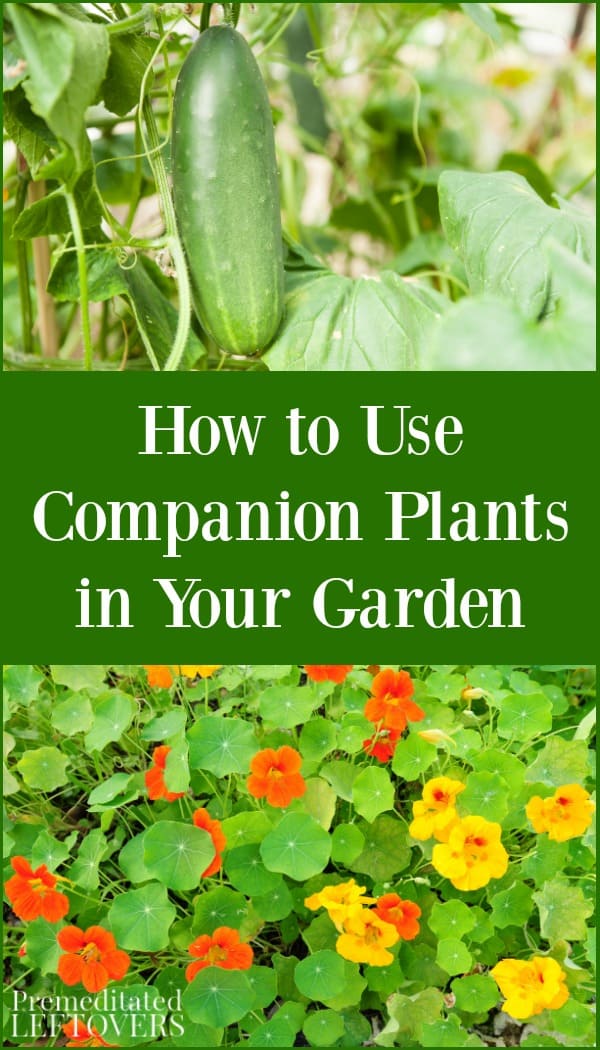
- Beans. Beans are another good companion plant for cucumbers. They help to fix nitrogen in the soil, which can benefit the growth of your cucumbers.
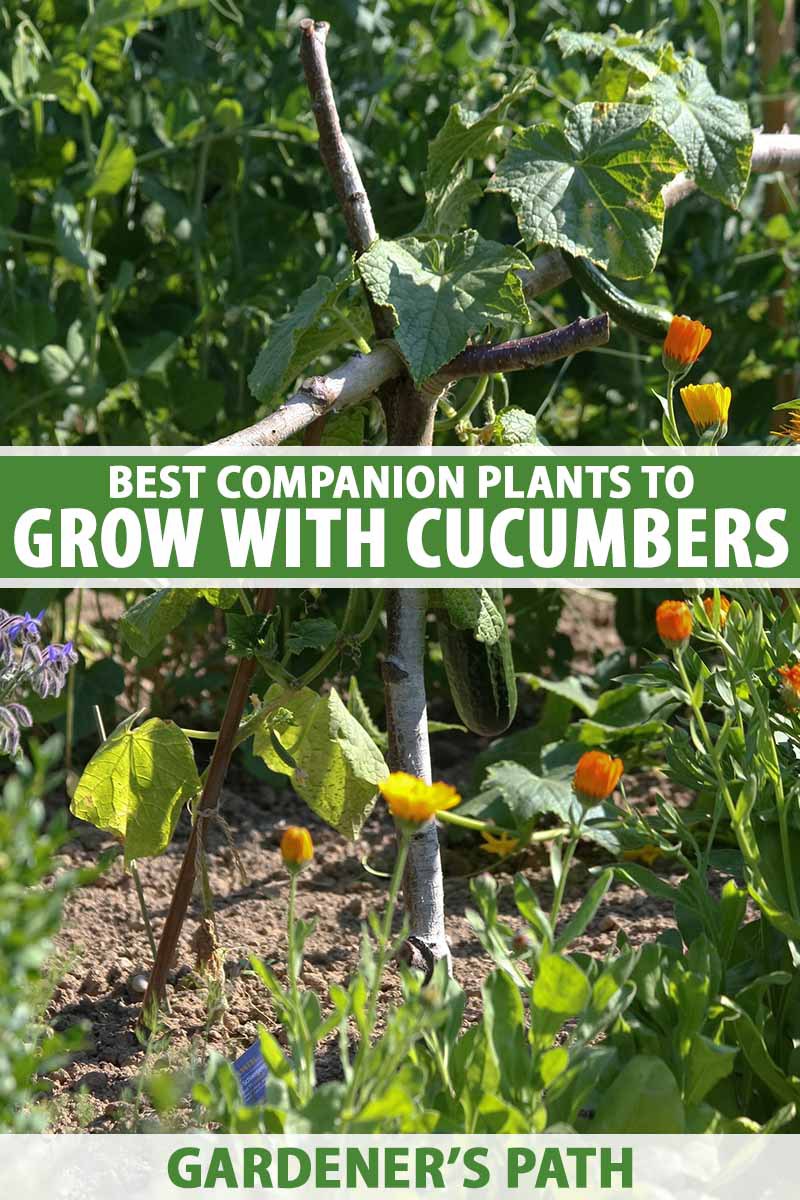
- Marigolds. Marigolds are a popular companion plant for many vegetables, including cucumbers. They help to repel nematodes, which can be a problem for cucumber plants.
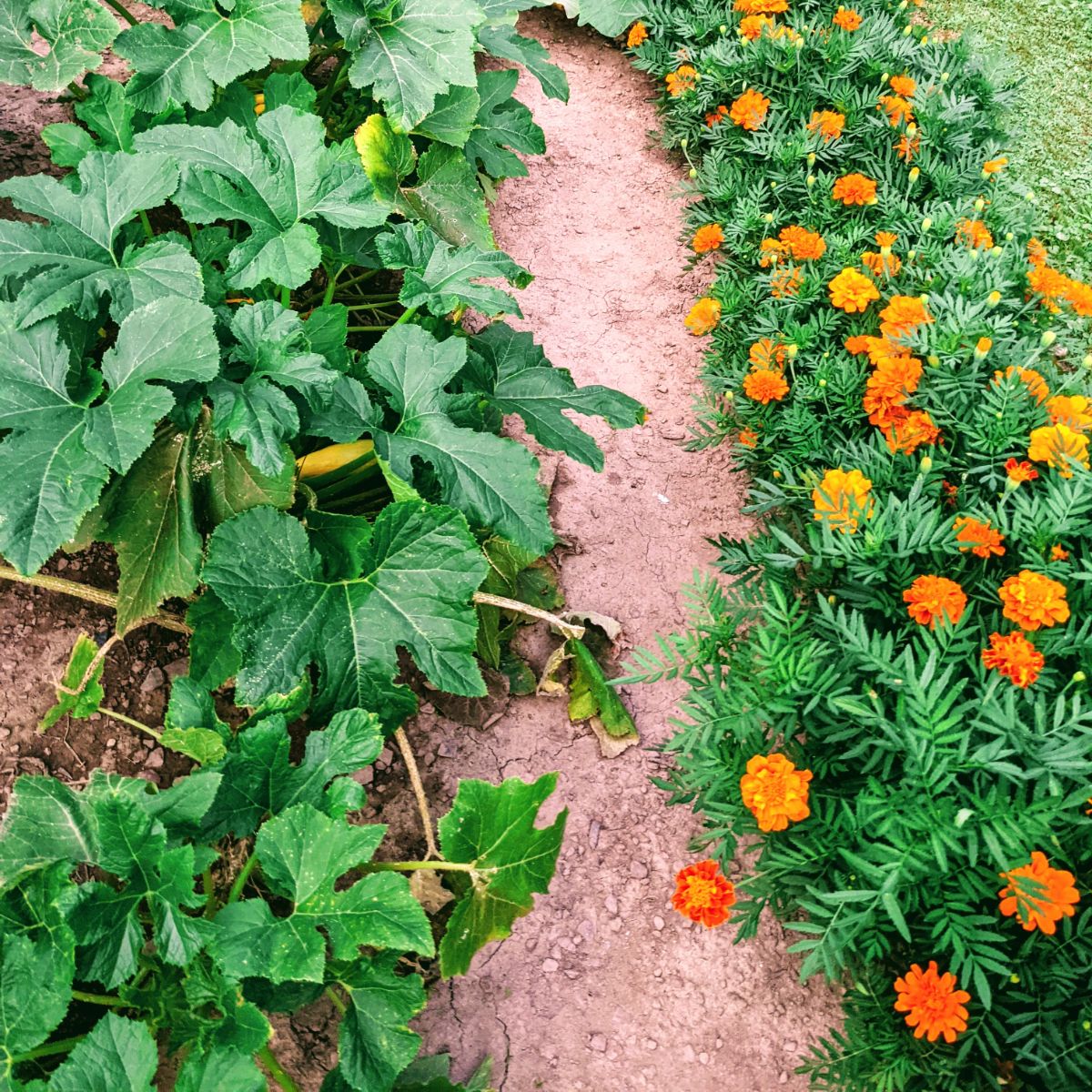
- Spinach. Spinach is a cool-season crop that can be planted alongside cucumbers. It helps to shade the roots of the cucumbers and prevent them from getting too hot.

- Lettuce. Lettuce is another cool-season crop that can be planted alongside cucumbers. It helps to attract beneficial insects, which can help to control pests.

Post a Comment for " Best Companion Plants To Cucumbers For A Healthy Harvest"